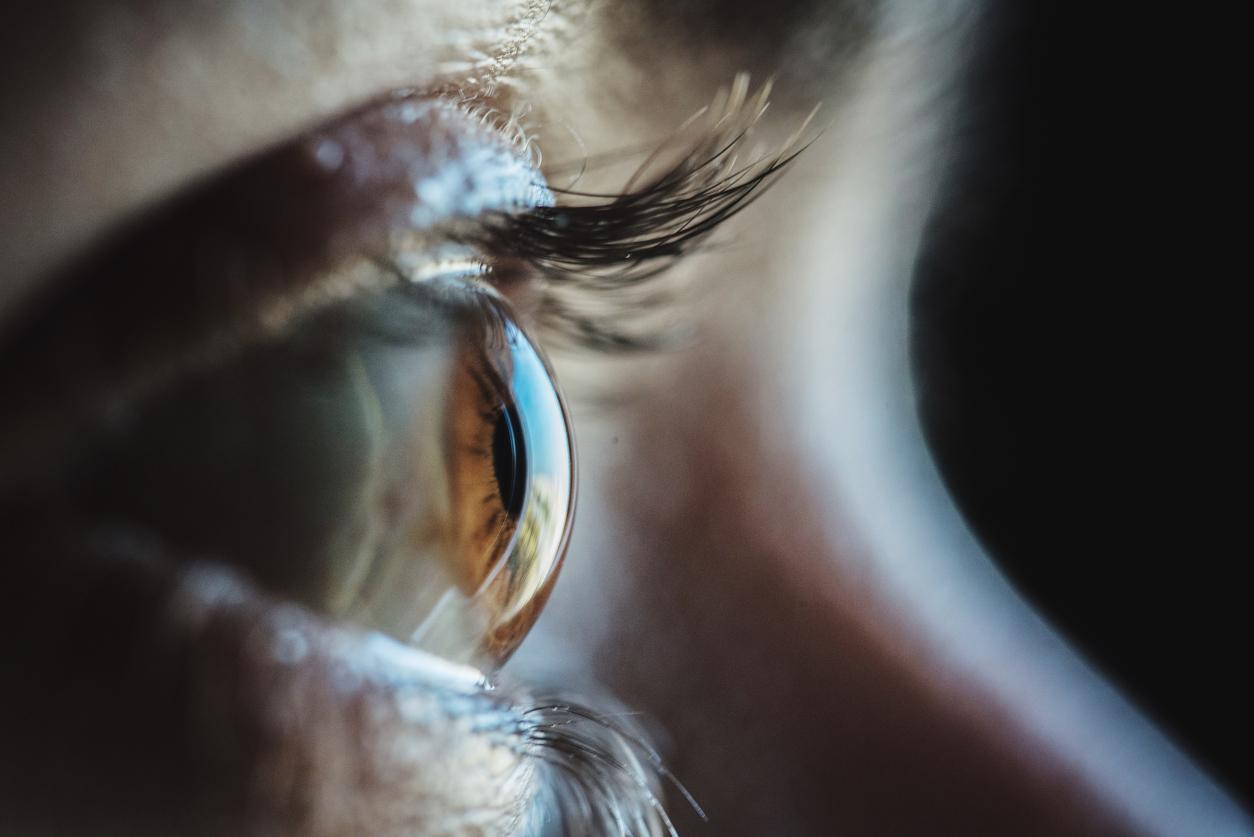Children born with vitamin D deficiency are more likely to develop schizophrenia as adults.

A long study just confirmed a suspected link between vitamin D deficiency at birth and the development of schizophrenia later in life.
To reach these conclusions, the researchers first noted that cases of schizophrenia were more frequent in children born in winter, a period when the relative lack of sunlight stimulates the production of vitamin D in the mother the least.
A 44% increased risk
They then identified 2,602 Danes born between 1981 and 2001 who were diagnosed with schizophrenia as adults, and then examined the concentration of vitamin D in their blood samples taken at birth. Result: infants who had a vitamin D deficiency had a 44% increased risk of becoming schizophrenic in adulthood. According to their calculations, the lack of vitamin D would be responsible for 8% of cases of schizophrenia in Denmark.
A growing body of evidence supports the idea that schizophrenia develops as early as pregnancy, although the biological mechanisms involved are still a mystery. The team therefore intends to pursue this hypothesis in the hope of arriving at a simple and effective method to prevent certain cases of schizophrenia.
A severe mental disorder
“The next step is to conduct randomized clinical trials testing the value of vitamin D supplements in pregnant women who have a deficiency, to examine the impact on child brain development and the risk of disorders. neuro-developmental conditions such as autism and schizophrenia,” the scientists conclude.
In France, about 600,000 people are said to be schizophrenic, and half of the patients have already made at least one suicide attempt. Schizophrenia is a severe and chronic mental disorder belonging to the class of psychotic disorders, which usually appears in early adulthood (between about 15 and 30 years old). Like other psychoses, schizophrenia is manifested by a loss of contact with reality and anosognosia, that is to say that the person who suffers from it is not aware of his illness (at least during the acute periods ).
hear voices
The most common symptoms are impaired sensory processing (hallucination) and thought functioning (reference ideas, delirium). The schizophrenic person may hear voices that criticize him or comment on his actions, perceive objects or entities that are actually absent, or even give elements of the environment eccentric meanings. Typically, the schizophrenic person has the impression of being controlled by an external force, of no longer being in control of his thoughts or of being the target of a conspiracy with an ill-defined purpose.

.















